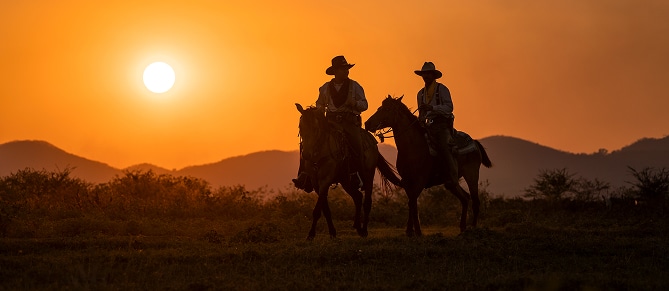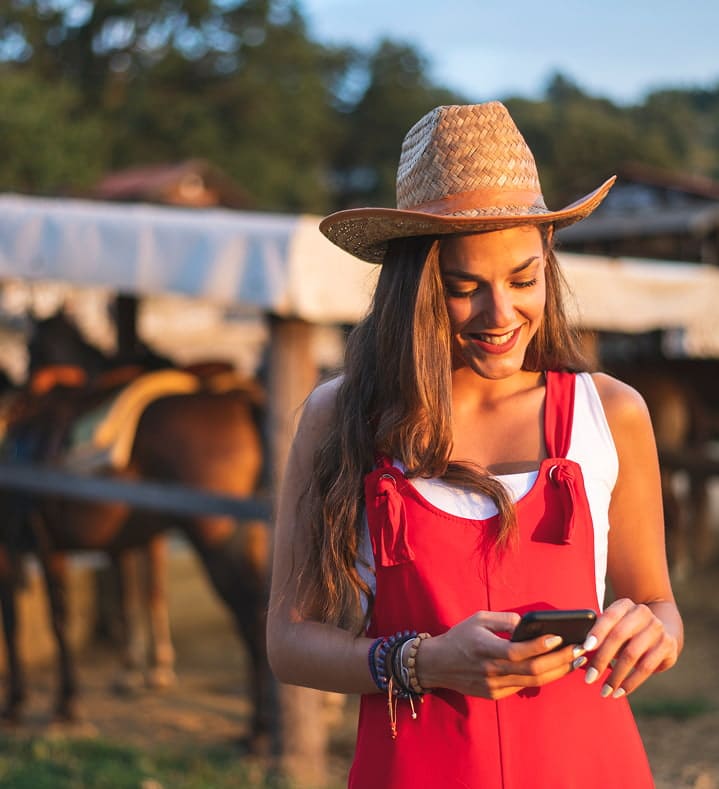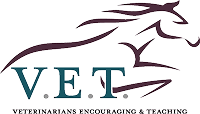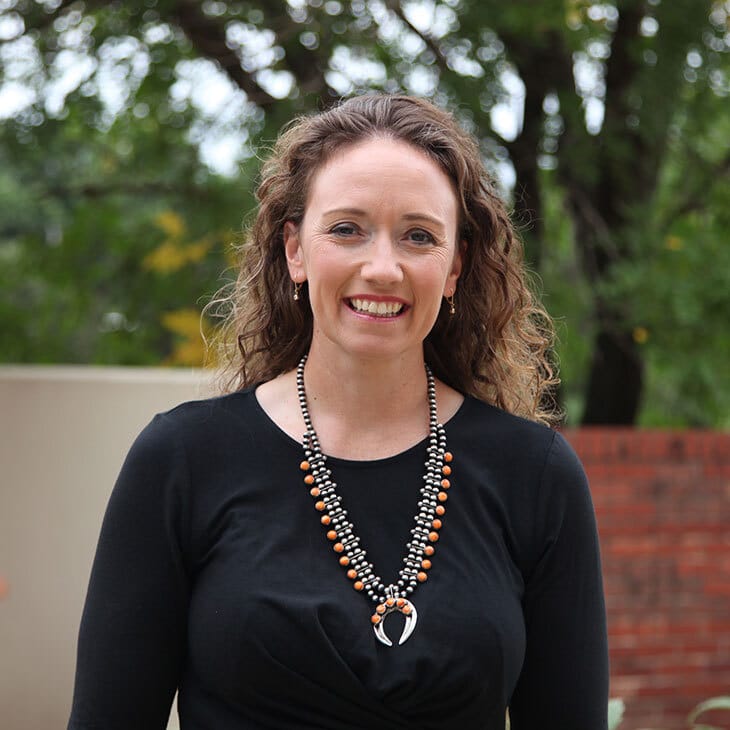Tackling Social Media

Equine Veterinarians – How to Use Facebook and Instagram for Seasonal Care and Service Promotion
As an equine veterinarian, you know that seasonal care is crucial for your equine patients. But did you know that Facebook and Instagram are powerful tools that you can use to promote your services and establish yourself as a trusted resource? Keep reading to learn how you can leverage these social media platforms to reach a wider audience and provide the best possible care for your patients.
Why Facebook and Instagram?
With nearly 3 billion active monthly users, Facebook is the largest social networking site in the world. Add another 1 billion people using Instagram, and it’s clear that these platforms are where your target audience is spending their time. But why should you promote your equine veterinary services on social media?
For one thing, social media is an excellent way to reach a wide audience with minimal effort. And since most people check their social media accounts multiple times per day, you can increase the chances that your message will be seen by your target audience.
Another great reason to use social media for seasonal information is that it allows you to establish yourself as a trusted resource. By sharing helpful tips and informative articles on your Facebook and Instagram pages, you can show potential clients that you know what you’re talking about when it comes to equine care, as well as specific incidences of outbreaks that may be affecting your geographic area. You can also use social media to build relationships with other professionals in the field, which will further bolster your credibility.

Tips for Using Facebook and Instagram
Now that you know why you should use Facebook and Instagram to promote seasonal health care, let’s take a look at some tips for getting started.
First, make sure that you have separate business pages for your clinic on both Facebook and Instagram. This will allow you to keep your personal page, well, more personal and specific for your immediate friends and family.
Once you’ve set up your business pages, make sure to populate them with relevant content.
Some examples of this include:
- Informative blog posts about seasonal care tips
- Links to articles about the latest outbreaks in your area
- Details about any special services or discounts you’re offering
- Images and videos of you and your team on field visits
- Links to your online store as well as promotions
You should also post regularly so that your page stays active and engaging.
Finally, don’t forget to interact with the people who like and follow your pages! Responding to comments and questions shows that you value customer engagement and establishes you as a expert and approachable veterinarian.
Thankfully, by leveraging the power of social media, you can reach a wide audience without spending a lot of money on advertising. By using Facebook and Instagram wisely, you can establish yourself as a go-to resource for all things equine veterinary care.


